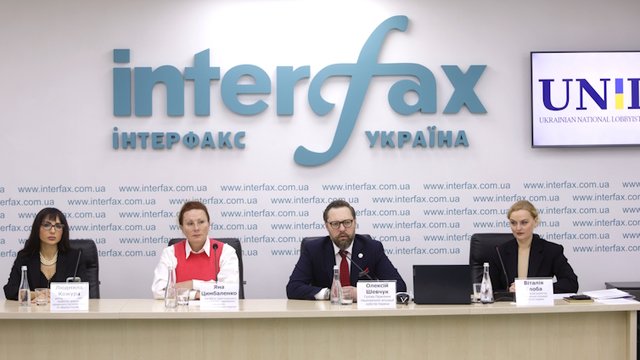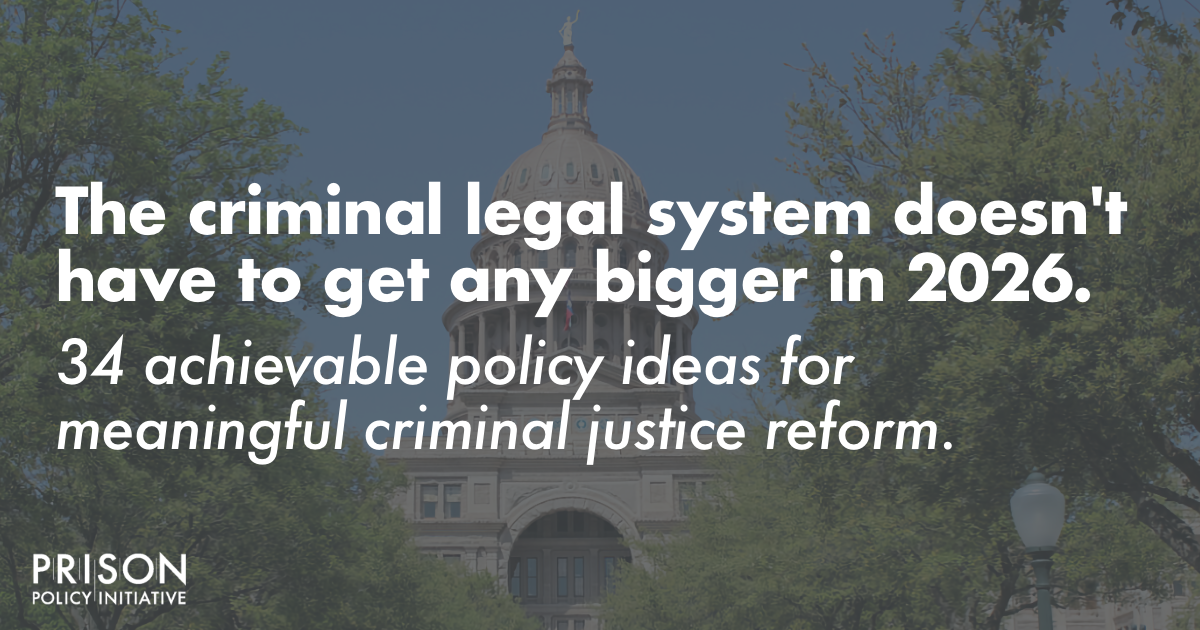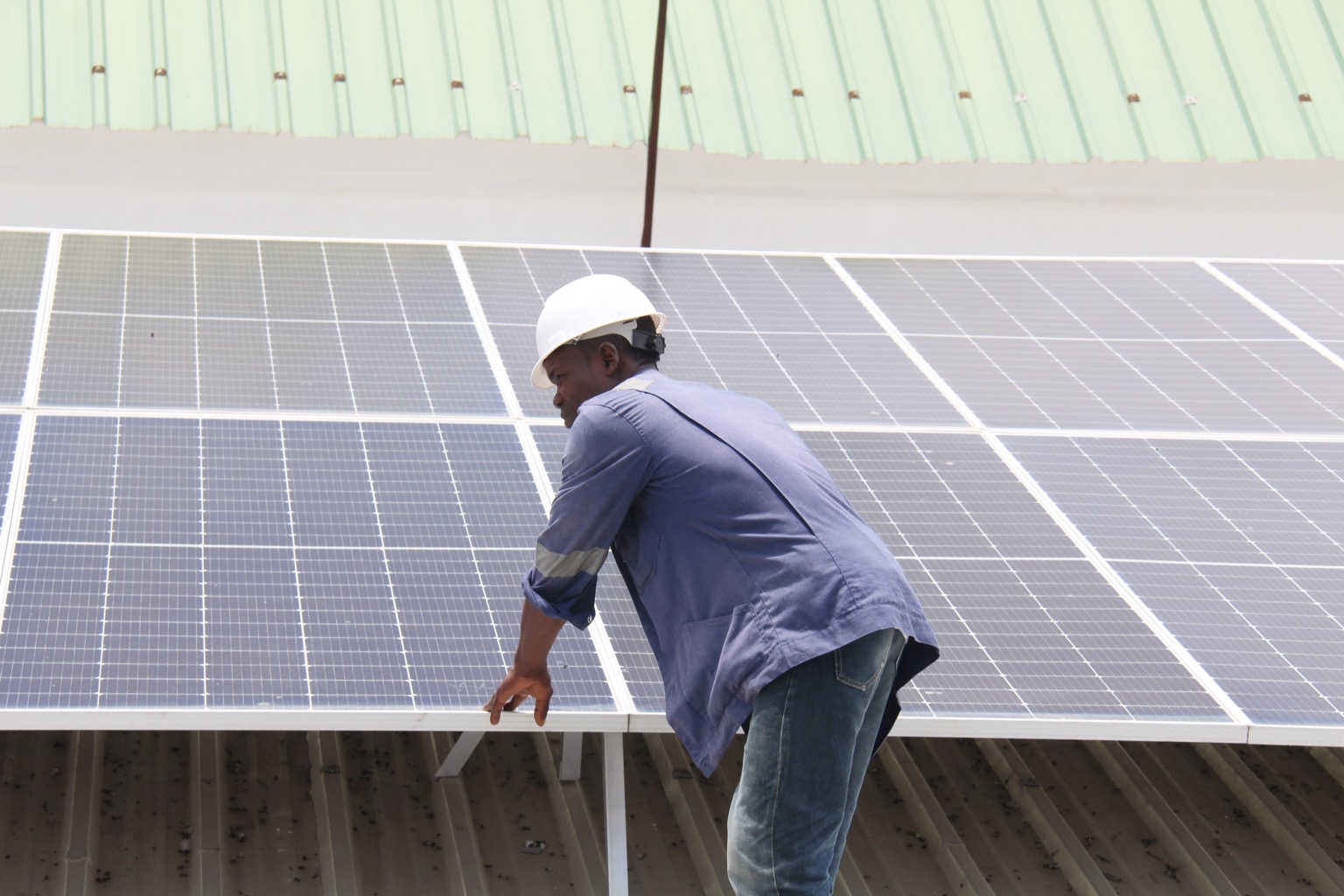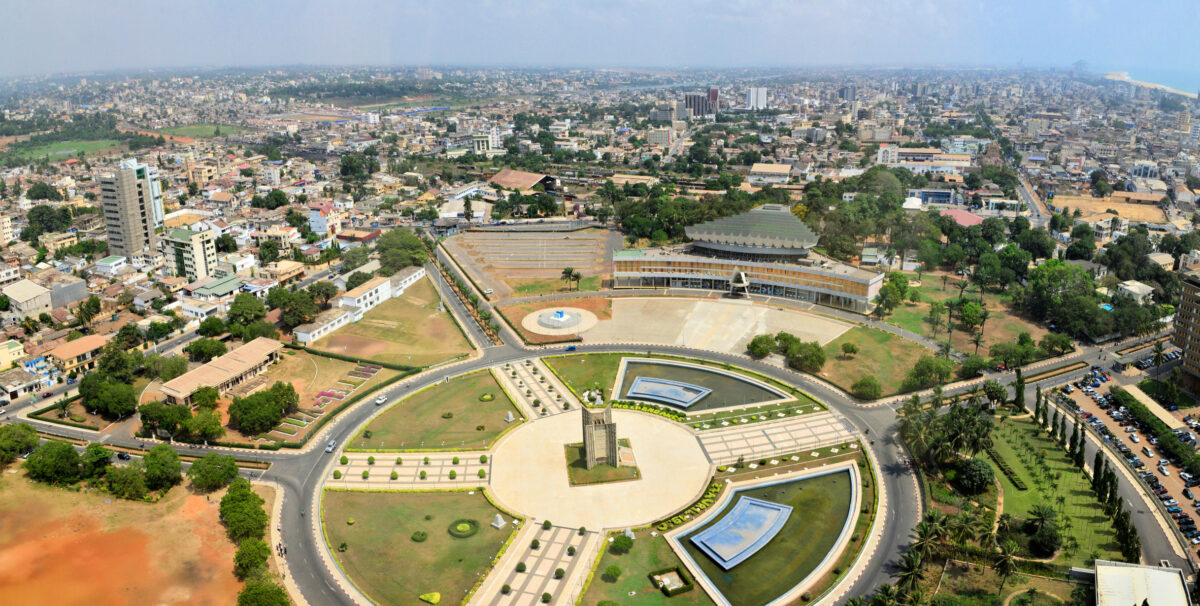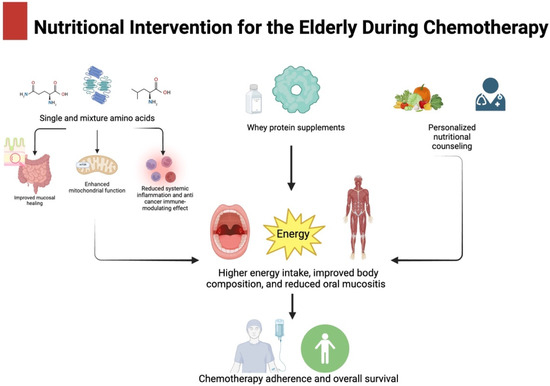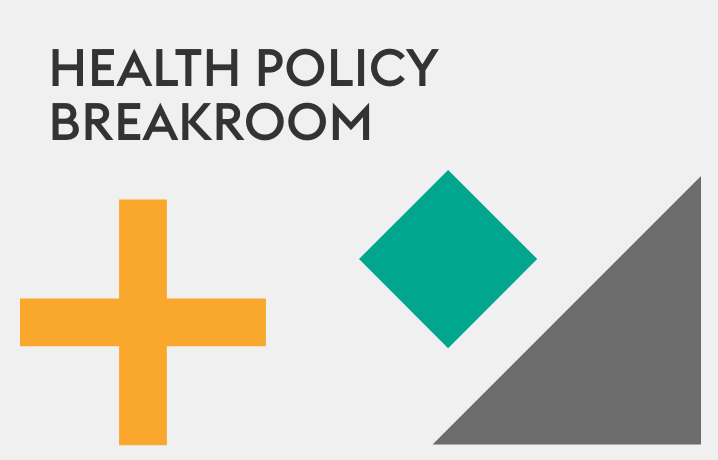Bangladesh interim government urged to further enshrine human rights – JURIST Legal News
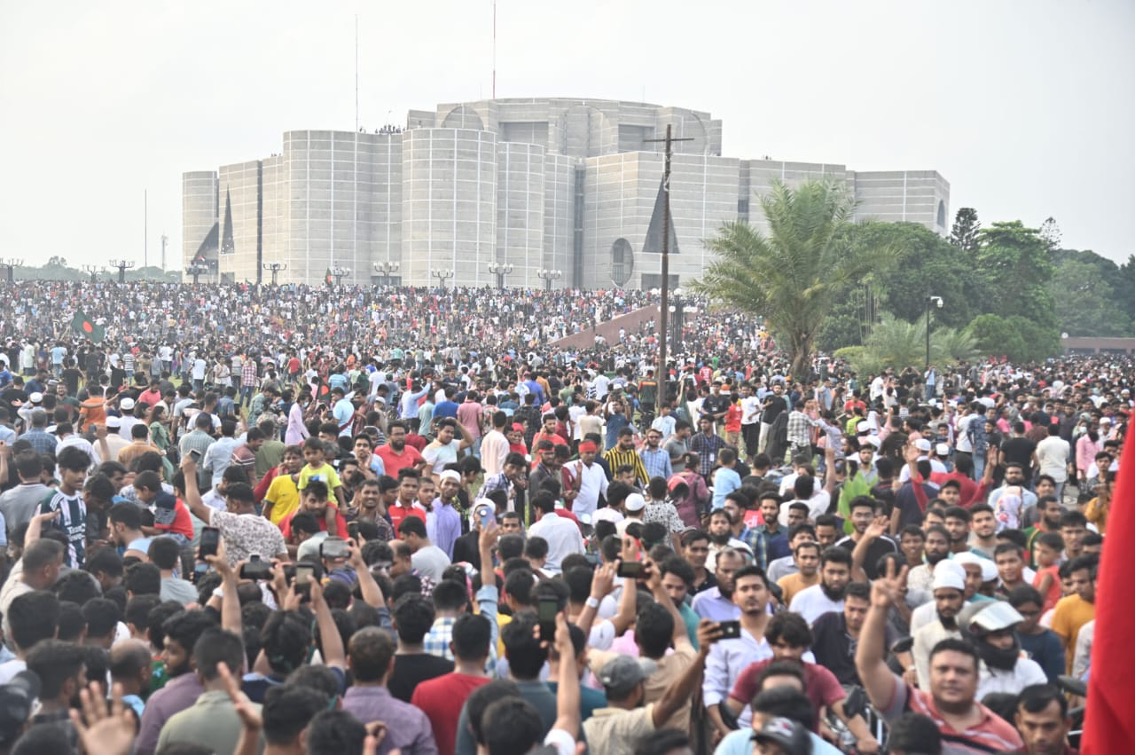
Report on Human Rights and Sustainable Development Goal Alignment in Bangladesh’s Transitional Period
Executive Summary
One year after the resignation of former Prime Minister Sheikh Hasina, the interim government of Bangladesh, led by Mohammed Yunus, has been assessed on its human rights performance. While some positive developments have been noted, significant challenges persist, particularly in aligning the nation’s trajectory with key tenets of the United Nations Sustainable Development Goals (SDGs), most notably SDG 16, which promotes peace, justice, and strong institutions. This report details the findings of Human Rights Watch (HRW) and other organizations regarding the ongoing issues of impunity, institutional reform, and the protection of fundamental freedoms, which are critical for achieving a stable democratic transition and fulfilling SDG commitments.
Challenges to Achieving SDG 16: Peace, Justice and Strong Institutions
The current state of affairs in Bangladesh presents a mixed record in relation to SDG 16. The interim government’s performance indicates a struggle to establish the effective, accountable, and inclusive institutions necessary for sustainable development. Key areas of concern are detailed below.
Rule of Law and Access to Justice (SDG Target 16.3)
Progress toward promoting the rule of law and ensuring equal access to justice for all has been severely hampered. Specific issues include:
- Arbitrary Detentions: The interim government has conducted numerous detentions of political opponents, particularly individuals allegedly connected to the Awami League. HRW reports that many of these arrests appear arbitrary and politically motivated, undermining the principle of equal justice.
- Denial of Due Process: High-profile detainees have reported that their arrests were baseless and have accused the government of denying them adequate medical care and access to bail, in direct opposition to the principles of fair treatment under the law.
- Impunity for Past Abuses: The government has failed to conduct a full investigation into the enforced disappearances that occurred under the previous administration. This inaction persists despite Bangladesh’s ratification of the International Convention for the Protection of All Persons from Enforced Disappearance, signaling a critical failure in holding perpetrators accountable and providing justice for victims.
Institutional Reform and Accountability (SDG Target 16.6)
The development of effective, accountable, and transparent institutions at all levels remains a primary challenge. The interim government has not implemented necessary reforms in critical state sectors.
- Unreformed Security and Judicial Sectors: A lack of meaningful reform in the security and judicial sectors perpetuates a system vulnerable to abuse and political influence. This institutional inertia is a major barrier to achieving SDG 16.
- Obstruction of Justice: In response to criticism regarding the stalled investigation into enforced disappearances, the government stated that members of security forces actively destroyed evidence and obstructed efforts to hold abusers accountable. This highlights a profound lack of accountability within state institutions.
Reduction of Violence and Protection of Freedoms (SDG Targets 16.1 & 16.10)
The goal to significantly reduce all forms of violence and to ensure public access to information and protect fundamental freedoms has faced significant setbacks.
- Political and Mob Violence: Violent clashes between security forces and supporters of the former prime minister in July resulted in five deaths. The administration also continues to contend with challenges from mob violence and harassment by non-state groups.
- Attacks on Journalists: Reporters Without Borders condemned escalating attacks on journalists, which violate constitutional rights and undermine SDG Target 16.10. International human rights organizations have urged the government to protect the freedoms of expression and opinion, which are essential for a democratic transition.
Recommendations for Aligning with SDG Commitments
To steer Bangladesh toward a successful democratic transition and meet its obligations under the Sustainable Development Goals, HRW and other international bodies have put forth several recommendations.
Domestic Imperatives
- End Arbitrary Detentions: The government must cease the practice of arbitrary and politically motivated arrests to restore faith in the rule of law, a cornerstone of SDG 16.
- Combat Impunity: Prosecuting all individuals responsible for serious crimes, both past and present, is essential for establishing a culture of accountability.
- Implement Systemic Reforms: Prioritize and implement comprehensive legal and constitutional reforms in the judicial and security sectors to build the strong and transparent institutions envisioned in SDG 16.
- Protect Fundamental Freedoms: Take decisive action to end attacks on journalists and protect the rights to freedom of expression and opinion for all citizens.
Role of the International Community
- HRW has called on foreign governments and the United Nations to provide robust support to the interim government during this critical transitional phase. This support should be conditioned on tangible progress in human rights and institutional reform, thereby assisting Bangladesh in achieving its SDG targets ahead of the planned June 2026 elections.
SDGs Addressed in the Article
-
SDG 16: Peace, Justice and Strong Institutions
This is the primary SDG connected to the article. The text extensively discusses the challenges to peace, justice, and institutional integrity in Bangladesh during its political transition. It highlights issues such as the failure to implement human rights protections, impunity for abuses, the need for judicial and security sector reform, arbitrary detentions, and attacks on fundamental freedoms. The article’s focus on “impunity,” “reforms in the security and judicial sectors,” “arbitrary detentions,” and protecting “freedoms of expression and opinion” directly aligns with the core principles of SDG 16.
Specific SDG Targets Identified
-
Target 16.1: Significantly reduce all forms of violence and related death rates everywhere
The article explicitly mentions violence and resulting deaths. It reports on “violent clashes between security forces and supporters of former prime minister Sheikh Hasina” which “erupted in July, resulting in the deaths of five people.” This directly relates to the goal of reducing violence and death rates.
-
Target 16.3: Promote the rule of law at the national and international levels and ensure equal access to justice for all
This target is central to the article’s theme. The text points to a failure in the rule of law through “arbitrary detentions of political opponents,” with many detentions appearing “arbitrary and politically motivated.” It also highlights a lack of access to justice, citing claims from detainees about being denied “medical care and bail” and the government’s failure to fully investigate “enforced disappearances.” The call to combat “impunity by prosecuting those responsible for serious crimes” further reinforces this connection.
-
Target 16.5: Substantially reduce corruption and bribery in all their forms
The article mentions that the Anti-Corruption Mission “filed three lawsuits against Hasina for corruption in January.” This directly addresses the issue of corruption among high-level government officials, which is a key focus of this target.
-
Target 16.6: Develop effective, accountable and transparent institutions at all levels
The article critiques the interim government for its failure to reform key state institutions. It notes the government is “juggling an unreformed security sector” and has “failed to implement necessary reforms in the security and judicial sectors.” This points to a lack of progress in developing effective and accountable institutions, which is the core of Target 16.6.
-
Target 16.10: Ensure public access to information and protect fundamental freedoms, in accordance with national legislation and international agreements
The protection of fundamental freedoms is a recurring theme. The article details “harassment of journalists,” “escalating attacks on journalists,” and calls from international organizations for the interim government to “protect freedoms of expression and opinion.” These issues are directly addressed by Target 16.10.
Indicators for Measuring Progress
-
Indicators for Target 16.1
The article provides a direct indicator: the number of deaths resulting from political violence. The specific mention of “the deaths of five people” in clashes serves as a concrete data point for measuring progress (or lack thereof) towards reducing violence.
-
Indicators for Target 16.3
Several implied indicators are present: the number of individuals subjected to “arbitrary detentions,” the number of cases of “enforced disappearances” that remain uninvestigated, and reports of detainees being denied “medical care and bail.” These qualitative and quantitative points can be used to measure the state of the rule of law and access to justice.
-
Indicators for Target 16.5
A specific indicator mentioned is the number of corruption lawsuits filed against public officials. The article states that “three lawsuits against Hasina for corruption” were filed, which can be used as a measure of anti-corruption efforts.
-
Indicators for Target 16.6
Progress towards this target can be measured by tracking the implementation of institutional reforms. The article implies a negative indicator by stating the government has “failed to implement necessary reforms in the security and judicial sectors.” The status of these reforms serves as a key performance indicator.
-
Indicators for Target 16.10
The article implies indicators such as the number of reported “attacks on journalists” and cases of “harassment of journalists.” Reports from organizations like Reporters Without Borders condemning such attacks serve as a qualitative indicator of the state of freedom of expression.
Summary Table: SDGs, Targets, and Indicators
| SDGs | Targets | Indicators |
|---|---|---|
| SDG 16: Peace, Justice and Strong Institutions | 16.1: Significantly reduce all forms of violence and related death rates everywhere | Number of deaths from violent clashes (e.g., “deaths of five people”). |
| SDG 16: Peace, Justice and Strong Institutions | 16.3: Promote the rule of law at the national and international levels and ensure equal access to justice for all | Number of “arbitrary” and “politically motivated” detentions; failure to investigate “enforced disappearances”; reports of denial of “medical care and bail” to detainees. |
| SDG 16: Peace, Justice and Strong Institutions | 16.5: Substantially reduce corruption and bribery in all their forms | Number of corruption lawsuits filed against officials (e.g., “three lawsuits against Hasina for corruption”). |
| SDG 16: Peace, Justice and Strong Institutions | 16.6: Develop effective, accountable and transparent institutions at all levels | Status of institutional reforms (e.g., “failed to implement necessary reforms in the security and judicial sectors”). |
| SDG 16: Peace, Justice and Strong Institutions | 16.10: Ensure public access to information and protect fundamental freedoms | Number of reported incidents of “harassment of journalists” and “attacks on journalists”; calls to protect “freedoms of expression and opinion.” |
Source: jurist.org

What is Your Reaction?
 Like
0
Like
0
 Dislike
0
Dislike
0
 Love
0
Love
0
 Funny
0
Funny
0
 Angry
0
Angry
0
 Sad
0
Sad
0
 Wow
0
Wow
0

















